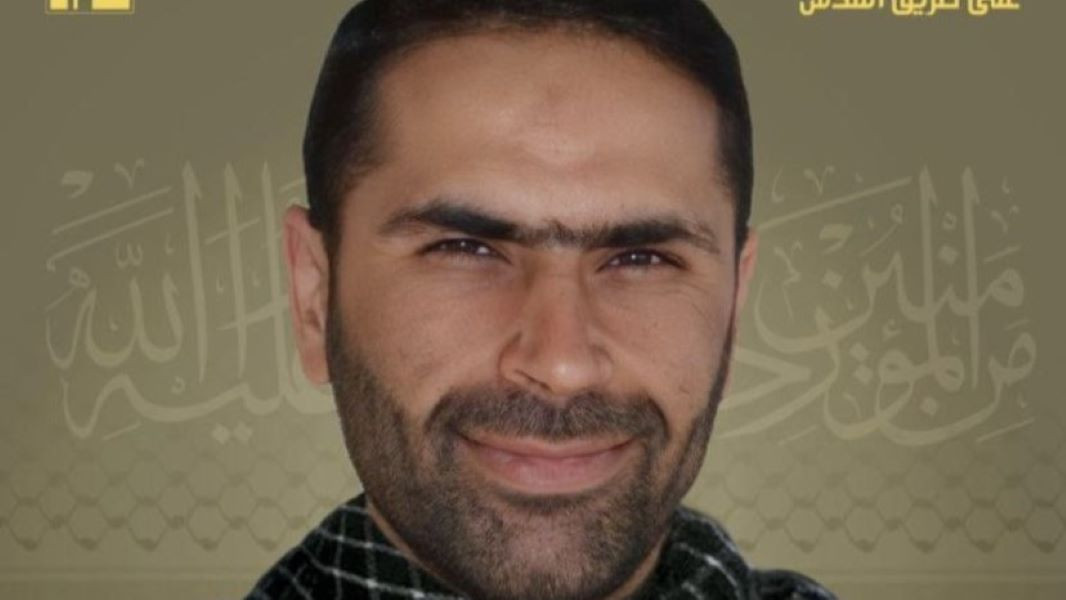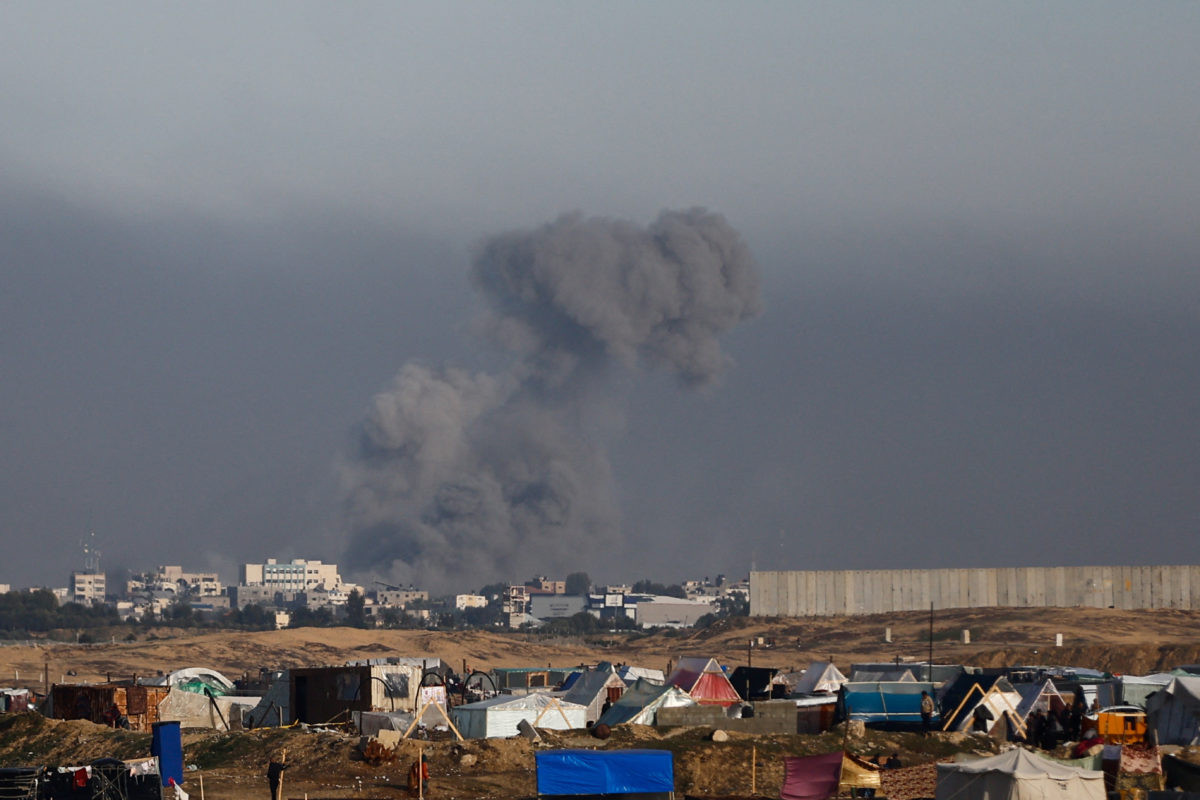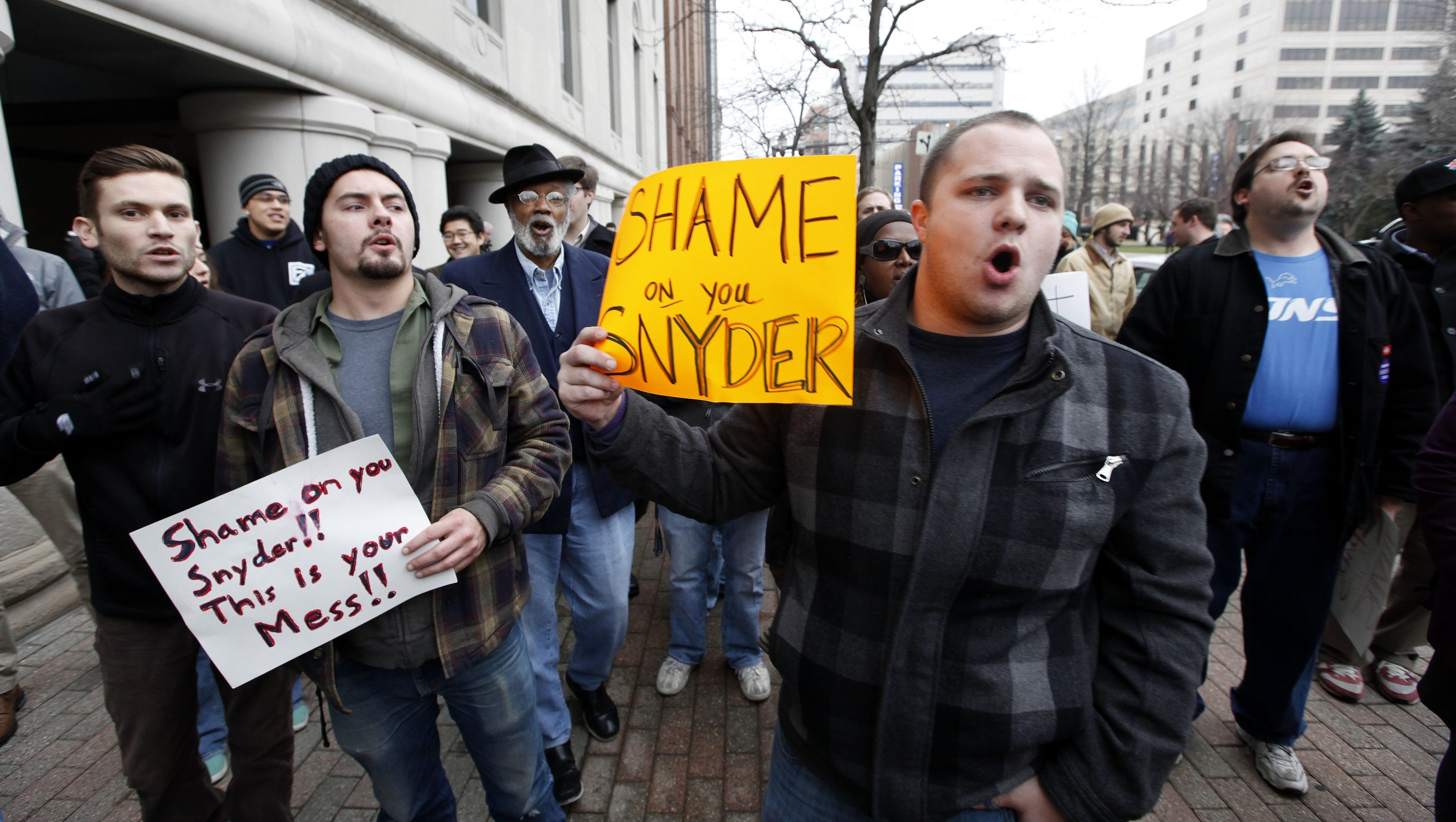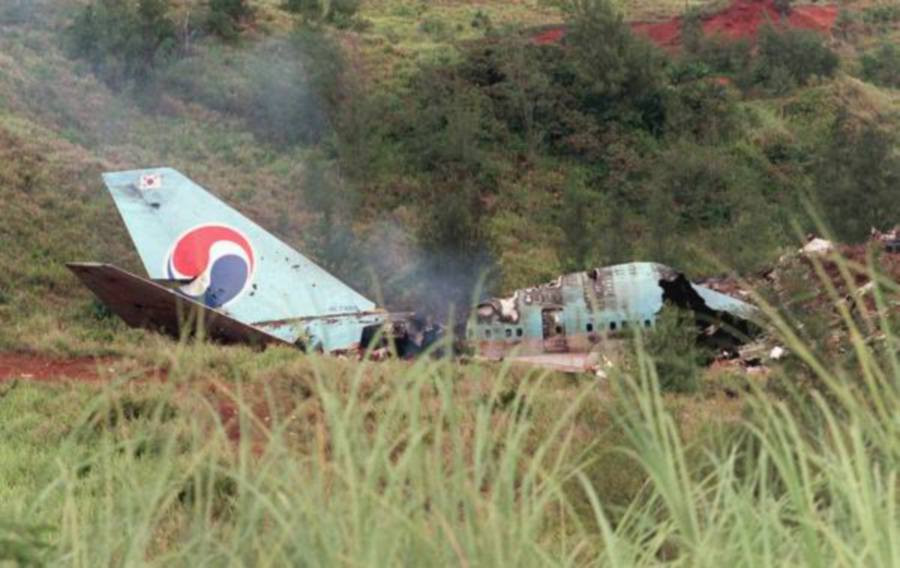Israel's Retaliation: Airstrike in Beirut
Israel has carried out a rare strike on Beirut, targeting a top Hezbollah commander, Fuad Shukr, who was allegedly behind a weekend rocket attack that killed 12 young people in the Israeli-controlled Golan Heights.
Hezbollah's Denial and Response
Hezbollah has not confirmed Shukr's death, and it has denied involvement in the rocket attack on the town of Majdal Shams.
Diplomatic Concerns: Avoiding Escalation
The strike has drawn international concern, with the United States urging restraint and a diplomatic solution. The United States has acknowledged Israel's right to defend itself against Hezbollah threats.
Escalating Hostilities
The Israeli-Hezbollah conflict has been ongoing since the war in Gaza began in October 2023. Israel and Hezbollah have exchanged fire, primarily near the border, but the airstrike on Beirut marks a significant escalation.
Civilian Casualties and Damage
The airstrike in Beirut has reportedly killed at least three people, including a woman and two children, and injured dozens. The strike hit an apartment building, causing significant damage.
Lebanese Condemnation and International Reactions
Lebanon's caretaker Prime Minister has condemned the Israeli attack, calling it a violation of international law. The Iranian Embassy in Lebanon has denounced the airstrike as “cowardly and sinful aggression.”
Assessing the Risks
Israeli officials have stated that they hope to avoid further escalation, but the situation remains tense. Diplomatic efforts are underway to defuse the conflict and prevent a wider war.
Historical Context and Background
The conflict between Israel and Hezbollah has roots in decades-long tensions. Hezbollah is a Lebanese militia and political movement supported by Iran.
Global Implications of the Conflict
The escalating conflict between Israel and Hezbollah has raised concerns about its potential impact on regional stability and the possibility of a wider war.

















